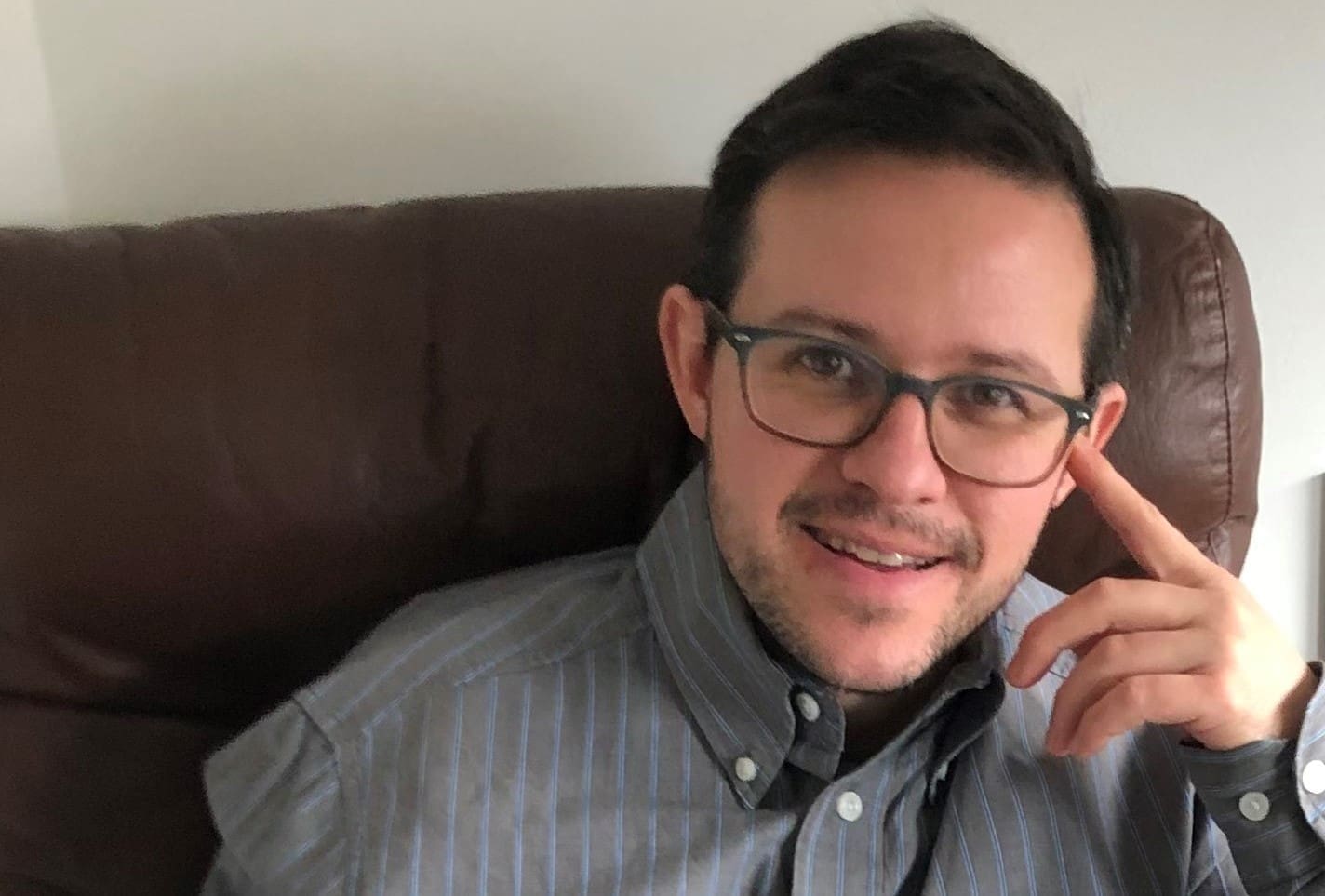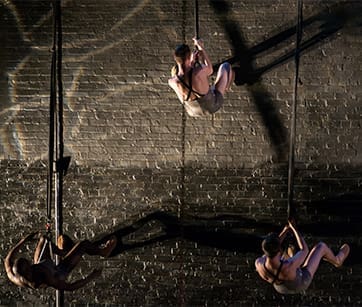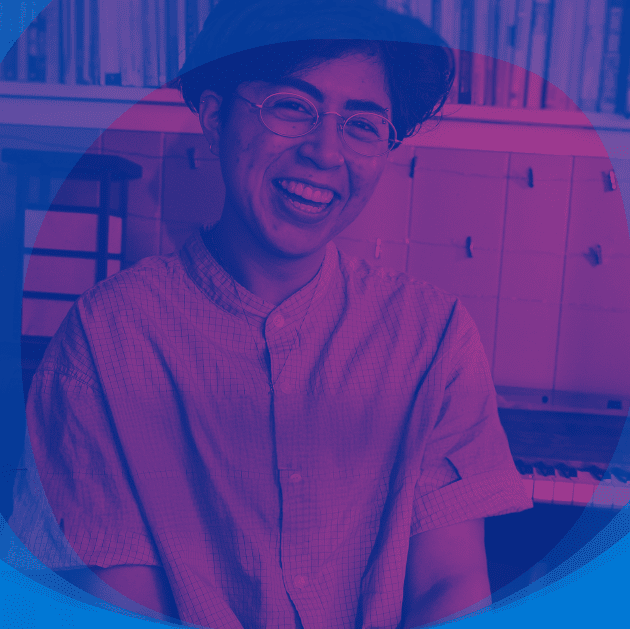By David Fischer, Juvenile Justice, Education, and Youth Development Consultant, Quo Vadimus, LLC

Do you remember the first-ever document you had to sign? Maybe it was an assent to participate in a survey in high school or college for aid paperwork. How carefully did you read that document? Did all of it make sense? For some children and youth, one of the first documents they sign is an explanation of their rights as the state is removing them from their families of origin. What I am referring to is the Illinois Department of Family Services (DCFS) Bill of Rights, a document that is required to be given or read to all children and youth entering DCFS custody.
We in this country have created a system that polices families, ostensibly to mitigate or end harm when children are faced with abuse or neglect. But in creating this system, which was built on a legacy of policing with roots in slavery and cultural genocide, we have also created a system that further harms children, families and communities. The Bill of Rights is one way—one small, insufficient way—we can attempt to reduce the harm enacted by this system. But it only works if children understand, remember, and feel supported by it.
I encourage you to take a minute to read the Bill of Rights.
So how do you think you’d do on a pop quiz about this document? It is likely that most of you reading this article are adults, have well developed critical thinking skills, and are not currently experiencing acute crisis. Even with relative stability, how much of the Bill of Rights would you remember? Now imagine that you are reading or having it read to you as a child, sitting with a stranger after being taken from your family of origin. How do you think you’d do on a pop quiz then?
This document is only revisited every six months (a lifetime for most kids) and holds the secrets both to understanding how the system is required to treat you, and how you go about demanding that treatment. Youth in Illinois DCFS should see the Bill of Rights regularly given the power it plays in their lives, right?
Pride Action Tank (PAT) sought to understand the role the Bill of Rights plays in the lives of DCFS-involved youth, and how LGBTQI+ youth understand the document as applied to their experiences holding (often multiple) marginalized identities. In order to build this understanding, PAT convened 20 LGBTQI+ and ally youth in care from across the state to learn what they knew about the Bill of Rights, and how it impacted their lives and the care they received. The short answer—very little of both.
PAT initially gathered youth participants in 2018 and 2019 to discuss their experiences, then held a virtual summit in 2020 as a follow-up to those convenings. Summit facilitators asked youth participants, “Do you remember receiving the Bill of Rights?” and then delved further into their rights as youth in care and as LGBTQ+ youth in care. We learned from them that they knew little if anything about the Bill of Rights. This participant put it better than I could:
“The Bill of Rights was just a piece of paper given to us with a bunch of other papers at the same time, so it didn’t seem like something that was important.”
For those youth who tried to use the document, demanding their rights was significantly more difficult:
“I was afraid to file a grievance because I didn’t want my case manager to get upset with me or lose their job.”
As a young person in care, your life is often controlled by strangers who become gatekeepers – access to your family, housing, food, clothing, programs, and education. And for many youth, the ability to hold the state accountable for protecting their rights is controlled by those strangers. From this Summit we learned that the rights outlined in the Bill of Rights were far from universally applied—rather, application was subject to the whims of the institutions and adults with whom youth were placed. Youth with the fortune to be placed in affirming homes or residential facilities were able to access affirming mental health care, be placed according to their gender identity, and be protected from harassment and abuse. However, other youth were left to fend for themselves, searching out the one or two adults who might care for them in an otherwise hostile placement. Others felt held hostage, without access to any environment that supported their many identities and without recourse to change their circumstances.
These inconsistent experiences are, unfortunately, common within Illinois DCFS. A system that is cobbled together with a patchwork of contract providers (i.e., private non-profit organizations charged with overseeing the care of most DCFS youth), has little consistency and even less accountability. While there are private providers that affirm LGBTQI+ youth and identities that often outshine DCFS in providing rights, access, and opportunities, others exist that may be outright hostile to LGBTQI+ youth, and in those placements, they must often fend for themselves. These inconsistencies exist despite the Bill of Rights.
In PAT’s report on the virtual Youth Summit, youth participants offered intelligent, creative solutions for DCFS to better communicate the Bill of Rights to youth in care. These ranged from an app that applies the Bill of Rights to a particular young person’s situation, to a picture book featuring a “kid like you,” moving through the system and facing a range of issues. The participants shared experiences and insights, advocating that DCFS do better.
This is where you come in. We need to demand that DCFS do more to uphold the rights of ALL youth by communicating effectively and frequently about what their rights are and how to put them to use. They need to trust that, in demanding their rights, they will not automatically lose.
So, what can you do? First, read the report at its release and share it with others. Second, join PAT in demanding that DCFS adopt the recommendations outlined in the report. Third, contact your legislators, give them the report, and ask them what they are going to do to MAKE DCFS take action. The fourth step–between you and me—is working to create a world in which families and children, particularly those most marginalized and thus most subjected to family policing (families of color, families living in poverty, families failed by the inadequate safety net) are uplifted and supported, given access to resources and opportunities, and not policed by a system rooted in white supremacy. The Summit participants clearly communicated their urgency: this is their only childhood. I hope that you feel this urgency and take inspiration from one youth’s insight:
“Don’t get paralyzed figuring out where to start. Start wherever you are. Take Action.”
David Fischer is an activist and advocate who works to transform the systems that impact the lives of our most marginalized youth. As the Chief Consultant with Quo Vadimus, LLC, he works alongside juvenile justice, child protection, health, and education systems to address the needs of young people and the adults who serve them using a holistic and transformational approach. Read the full report on Pride Action Tank’s Youth in Systems Summit by clicking here.



